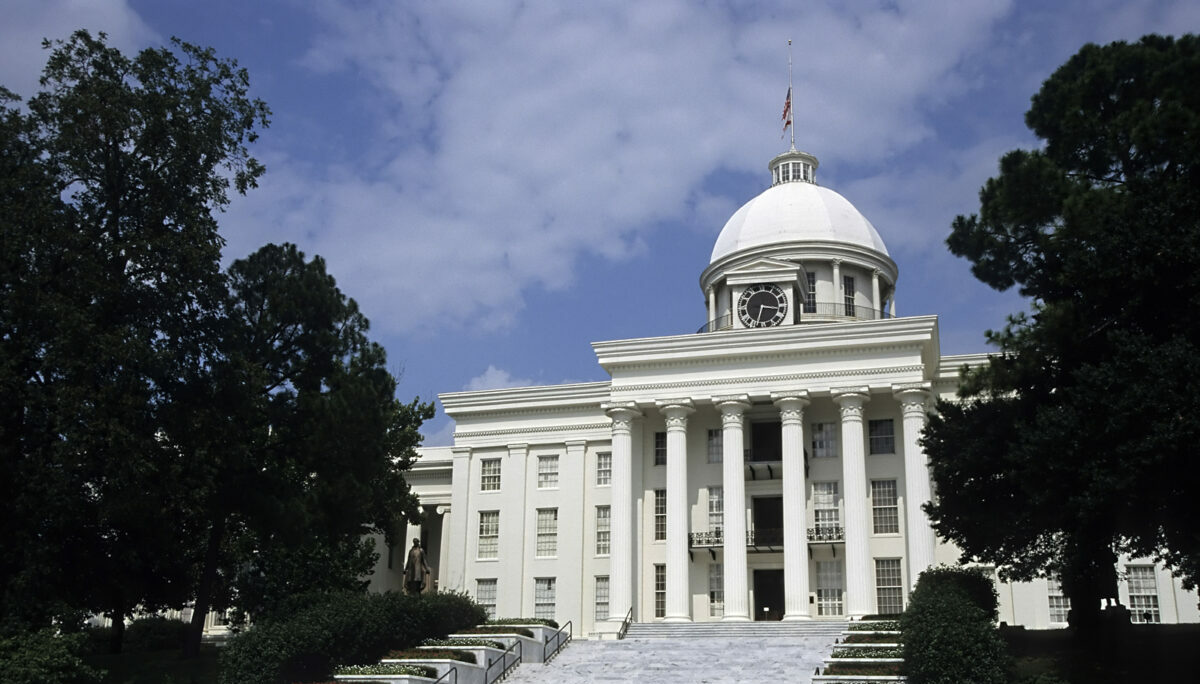
California Judge Rules Against Parental Rights Policy
A California judge in San Bernardino County has halted the Chino Valley Unified School District’s (CVUSD) policy that requires educators to inform parents when their child wishes to use preferred pronouns. This decision follows a lawsuit filed by Democratic Attorney General Rob Bonta, arguing that the policy “wrongfully endangers the physical, mental, and emotional well-being of non-conforming students.” Judge Michael Sachs ruled in favor of Bonta, deeming the policy likely unconstitutional and preventing its enforcement during the lawsuit.
Judge Sachs expressed his belief that the policy is “discriminatory on its face” and criticized the district for not considering any gender-neutral alternatives. The CVUSD’s policy not only mandates informing parents about preferred pronouns but also requires notification of a child’s name change and any attempt to access “sex-segregated school programs and activities” or use bathrooms that do not align with their biological sex.
Sonja Shaw, president of the CVUSD’s board, rebuked Bonta’s lawsuit and called it a “joke,” insisting that the district has not violated any laws. She stressed the constitutional right of parents to raise their children and vowed to protect children from government overreach.
The judge, however, denied the state’s petition to prevent the school district from informing parents about name changes, distinguishing this aspect of the policy.
Attorney General Bonta praised the court’s decision as a “significant step forward” in creating a school environment promoting “nondiscrimination, safety, and inclusivity.” He warned schools against adopting similar policies, stating that “discriminatory practices will not be tolerated in our educational institutions.”
The Liberty Justice Center, representing CVUSD, expressed their intent to defend the policy as the case progresses. Emily Rae, senior counsel for the organization, cited both legal precedent and public opinion in support of parental involvement in education. Recent polling indicates a supermajority of Californians believe parents should be actively involved in their children’s education and that schools should not keep information hidden from parents.
The case has broader implications for parental rights and the role of educational institutions in children’s lives. The debate surrounding parental involvement and school policies related to gender identity and pronoun use remains a contentious issue, with differing opinions on how to strike a balance between individual rights, parental rights, and the role of the state in education. As the case continues, it will be closely watched, as its outcome may set a precedent for similar disputes across the United States.














